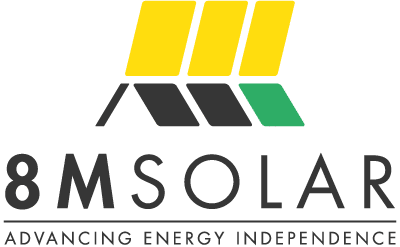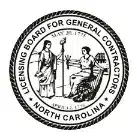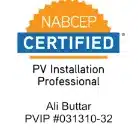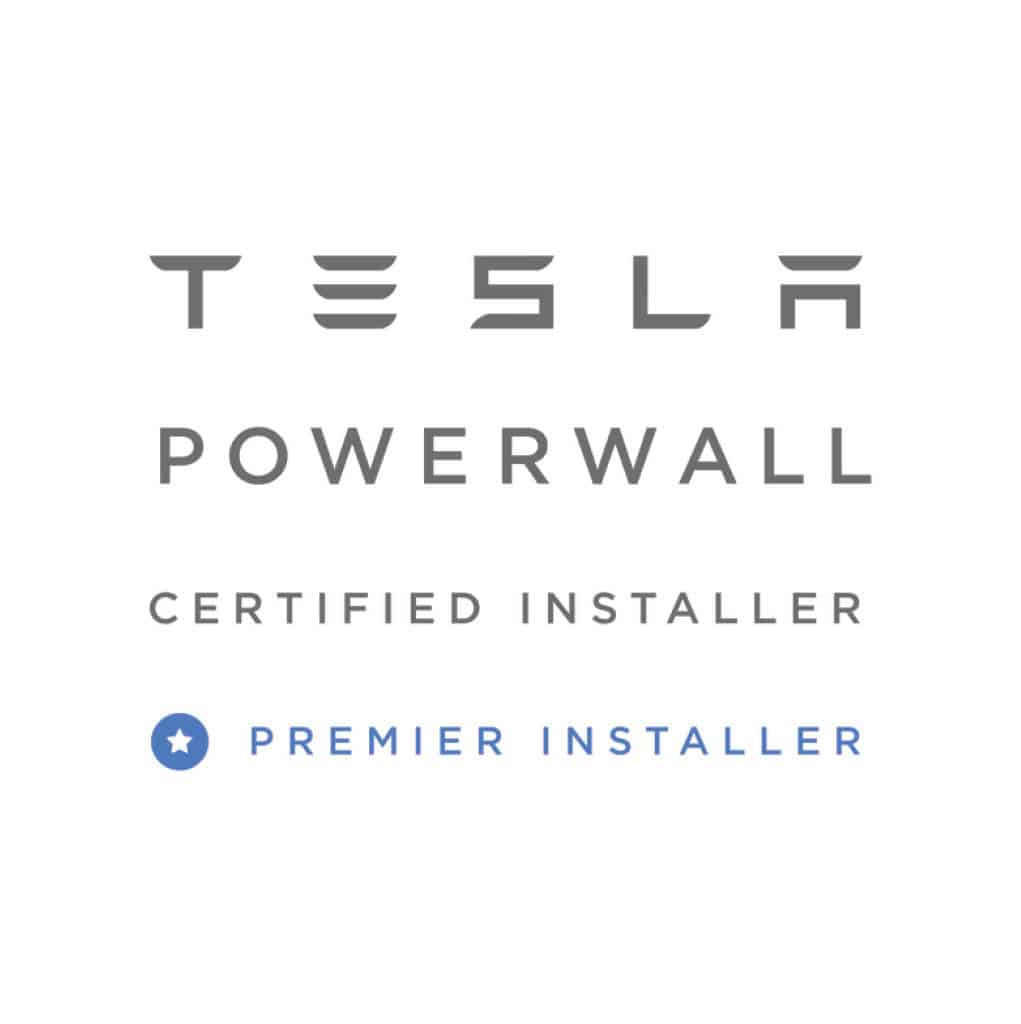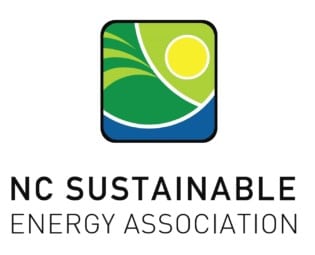Solar panels are great for the environment and help save money on your electricity bill, but did you know that certain factors affect how efficient your panels can be? Efficiency varies depending on the material used, weather conditions, installation, and more. In this article, we’ll talk about what influences solar panel efficiency and what you can do to get the most energy from your solar panel system.
What Is Solar Efficiency?
What do we mean when we talk about solar energy efficiency? Efficiency is, in basic terms, how much power a solar panel can produce. You can also look at efficiency in terms of input versus output. How well a panel converts the input energy (energy from the sun) into output energy (or the power you get from your panels) is how efficiency is calculated.
A realistic expectation for residential solar panel efficiency will fall somewhere between 18% and 20% efficiency.
What Affects Solar Panel Efficiency?
Both the construction of the panel and the surrounding environment of the solar panel system can affect energy production and efficiency. Some materials are better conductors than others—solar cell efficiency determines a panel’s actual ability to be a high-converting panel. Poorly installed panels may not be getting the best sunlight exposure, which takes the efficiency down a few pegs, too.
You want high-quality panels so that your solar cell efficiency can be at its best, and then you want to do everything you can to create an ideal environment for those panels.
Panel Factors

There are different types of solar panels and cells, so make sure you choose the type that will meet your energy needs.
Monocrystalline panels are considered the best type of panel for efficiency because they’re made from a pure form of silicon. This purity allows the electrons to move the most freely and create more energy. These panels last the longest can hit 20% efficiency.
Polycrystalline panels are a bit cheaper and are made from fragments of silicon. Though monocrystalline panels have been around longer and are generally considered the most efficient, polycrystalline panels are still a decent option and can reach between 15-17% efficiency.
Thin-film panels are the least efficient and the least durable but are easy to install. These usually only hit about 11% efficiency.
Also, consider the size of the panel. Bigger doesn’t always mean better because the efficiency of the cell plays an important role. However, the more surface area, the more solar energy a panel can get.
Real-World Factors

Keep these environmental factors in mind when installing your panels and trying to improve their efficiency.
Weather: Even though solar panels can still work on a cloudy day, the weather still affects how well the solar panels work. Overcast days may produce less energy than what you normally get, and a lot of snow can also get in the way of a panel’s performance.
Panel Orientation: Proper installation is key to solar efficiency. How the panel is oriented can affect how well the cells are able to access the sun. It’s best to have experts weigh in on the design and installation of your solar panels so the panels get as much consistent sunlight exposure as possible.
Shading: From either surrounding trees, buildings or even portions of the roof itself can affect the amount of sunlight exposure panels get thereby reducing their efficiency. However, with proper design, these shading losses can be minimized.
5 Things You Can Do To Make Your Panels More Efficient

At the end of the day, everyone wants their panels to function at their best. Here are 5 things you can do to improve the performance of your solar panels or better use your energy.
1. Clean Your Solar Panels
Filthy panels aren’t creating energy as efficiently compared to clean ones. Debris, dirt, snow, branches, and garbage can take a toll on your solar energy. Take time to clean your panels once a year to avoid issues.
2. Regular Solar Panel Maintenance
Panels deserve their due diligence when it comes to maintenance. Hire professionals to inspect (and potentially repair) your solar panels somewhat regularly to prevent serious damage and avoidable hiccups in power.
3. Heat and Cool Your House Carefully
The energy required to maintain the ideal temperature of your home is a hefty part of your bill each month. You can make the most of your energy by better utilizing your thermostat settings. If you aren’t home, don’t heat or cool your house—or maybe turn the temperature down in the winter at night and get a warmer blanket. You can also clean or change furnace filters since the HVAC system will use more energy if it’s not maintained.
4. Consider Using LED lights
LEDs are a great solution to consume less energy and more efficiently use your solar panels. Not only do they last much longer than other bulbs, but LEDs also use significantly less electricity. Other low-energy solutions around the house can help boost your solar power.
5. Trust Solar Specialists To Install Your Solar System
You need consistent sun exposure for effective solar panels. All sorts of small elements can add up if panels aren’t placed intentionally by experts. Shade from trees or a neighboring home, the shape of your roof, the way your home is facing: all of these factors need to be considered for a high-functioning system.
Find the Right Solar Solution For You
Reliable, well-made, and correctly installed solar panels can make all the difference for your home. 8M Solar has solar experts that are with you every step of the way, whether that’s advising on what panels are best for your home or making the best use of your roof.
Contact us today to get started!
